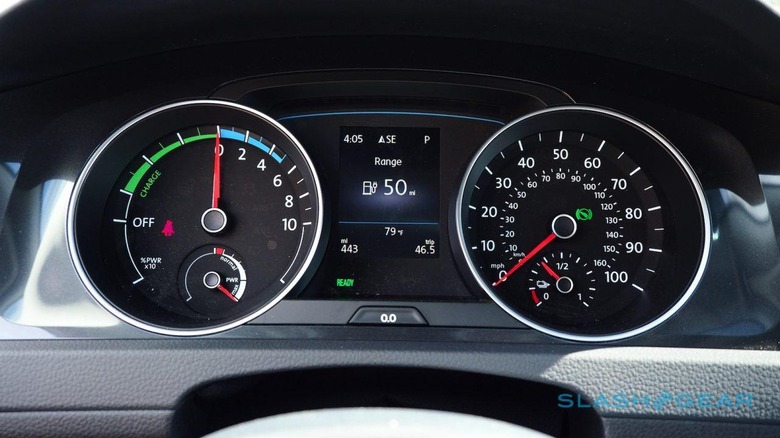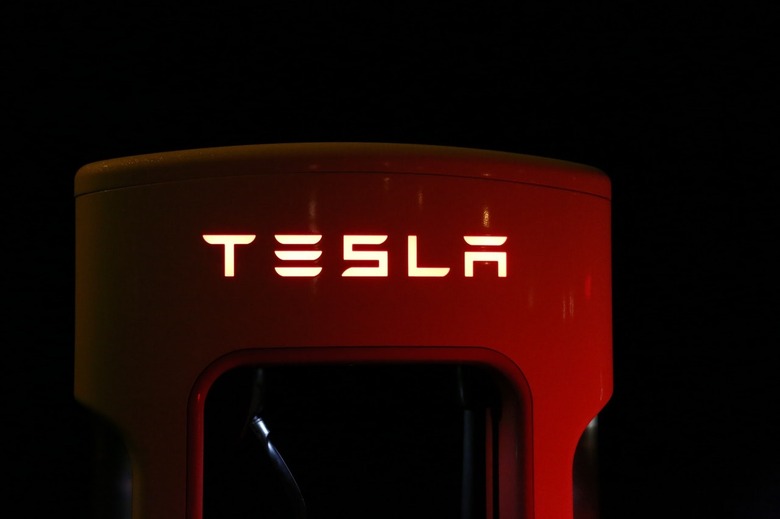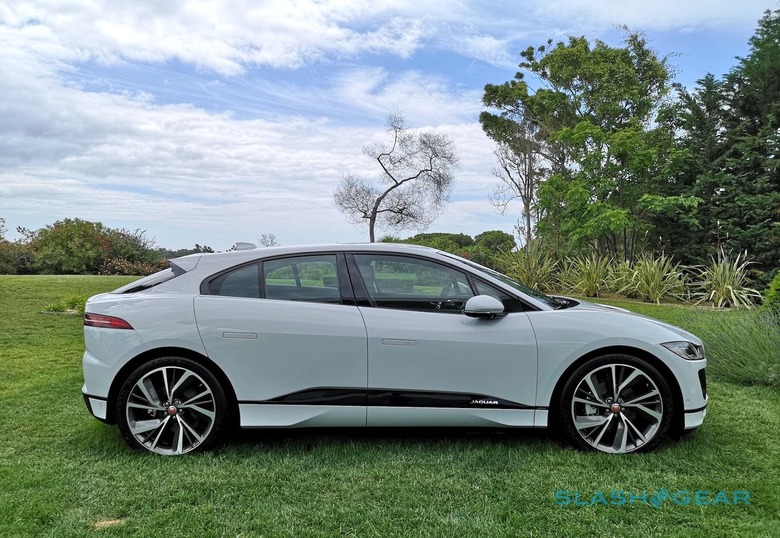The Argument Against EV: Why You Should Stick To Conventional Cars
We love electric cars. The whisper-silent performance and smooth rush of torque from the get-go is simply exhilarating, and otherworldly. From an enthusiast's point of view, electric vehicles are a Godsend. You'll be hard-pressed to find a production gasoline or diesel engine that can replicate the immediate and, yes, ludicrous response of a powerful electric motor, and that's assuming you don't spend millions of dollars on a Bugatti Chiron or some other hyper-fast supercar.
As wonderful and Earth-friendly electric vehicles are, there are still practical and compelling reasons why you should wait a while and stick to conventional gasoline-powered vehicles instead. Mind you, we have nothing against EV's, hybrids, or plug-in hybrids, but the argument against electric cars are simply hard to ignore.
Range Anxiety
In our honest opinion, the biggest caveat of electric cars is the range anxiety or limited driving range. If the battery runs out of juice, you better hope and pray that an electrical socket or charging station is situated nearby – Or else, you will be left stranded for God knows how long instead of moving towards your destination.
The driving range of electric vehicles will depend on the capacity of the battery. Of course, a larger and higher-capacity battery pack will command a higher price tag, which will somehow offset the expected gas savings in the long run.
One of the cheapest electric cars for 2018 is the Smart Fortwo Pure Coupe. It starts at around $23,000 but it only has a range of 58 miles, which means forgetting to recharge overnight will mean the difference between arriving on time or getting sacked. For the same amount of money, you can get a 2018 Hyundai Elantra Eco with four proper doors, five seats, a sporty dual clutch transmission, and an EPA-rated 32/40 mpg, which makes it one of the most fuel-efficient non-hybrid cars you can buy today.
Lengthy Charging Times
Without sounding like a lab-rat boffin, a typical EV equipped with a 30kWh battery will take around 4 hours to charge from empty using a 7kW home charging point. The Tesla Model S equipped with a 60kWH battery pack will take 52 hours to fully charge using a single onboard charger and 110-volt electrical outlet. However if you have access to a 240-volt outlet, you can fully charge the battery in 9.5 hours, which is good for a range of approximately 300 miles.
It doesn't sound too bad, does it? But wait until you embark on a long road trip with the wife and kids. Sure, you can charge along the way, but compare this to a gasoline car that you can top with fuel in about the same time as a typical bathroom break and the difference gets more glaring the longer you think about it.
If you live in the city and only drive an average of 30 to 50 miles each day, an electric vehicle is a wise choice as long as you're not lazy enough to charge the car every night. But if you do a lot of long-range driving, you should probably settle for a conventional car in the meantime.
Limited Choices
Things aren't as bad today as it was eight or nine years ago. Back in 2010, there were only 10 electric vehicles available for sale in North America (including plug-in hybrids). Now, consumers can choose from over 25 battery electric vehicles and 26 plug-in hybrids, and the number keeps growing.
Tesla is still the best-selling EV maker with more than 50,000 EVs sold in 2017. This is followed closely by Chevrolet, Toyota, BMW, and Ford. While the numbers are somewhat impressive, choosing between a paltry 25 electric vehicles is not enough, and this pales in comparison to the sheer number of gasoline and diesel-powered vehicles you can find at your favorite dealership.
But it’s not all bad news!
Now you know the arguments against electric cars, it's time to get to the good points of EV ownership. First, charging an EV is cheaper than buying petrol or diesel to power a conventional car. The average cost of electricity in the USA is around 12 cents per kwh. This means you only pay around $540 to power an EV for 15,000 miles of driving. This is a far cry from the annual cost of $2,000 to $3,000 to fill up the tank on a conventional car for the same mileage.
Electric vehicles are also cheaper to maintain. There are fewer moving parts in a typical EV than in a gasoline powered vehicle, which means there is a lesser chance of something going wrong. There is no need to worry about changing the oil, spark plugs, and filters which translates to bigger savings in the long run.
The single best reason for buying an EV (besides the obvious environmental benefits) is the driving experience. You get maximum torque from zero rpm. If you haven't tried driving an EV, we highly suggest you do. The way it gathers speed is amazing! Yes, we know that's not the whole point of driving or buying an EV, but the muscular yet silent acceleration will put most performance cars to shame.



